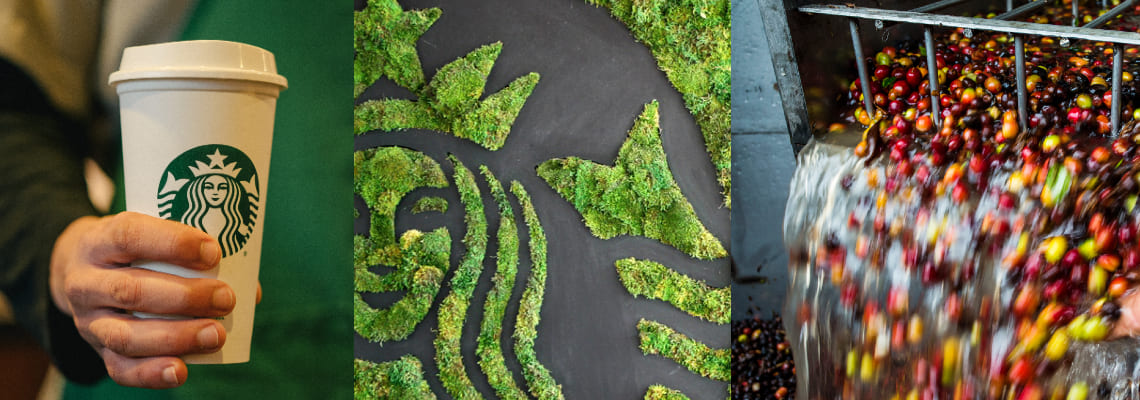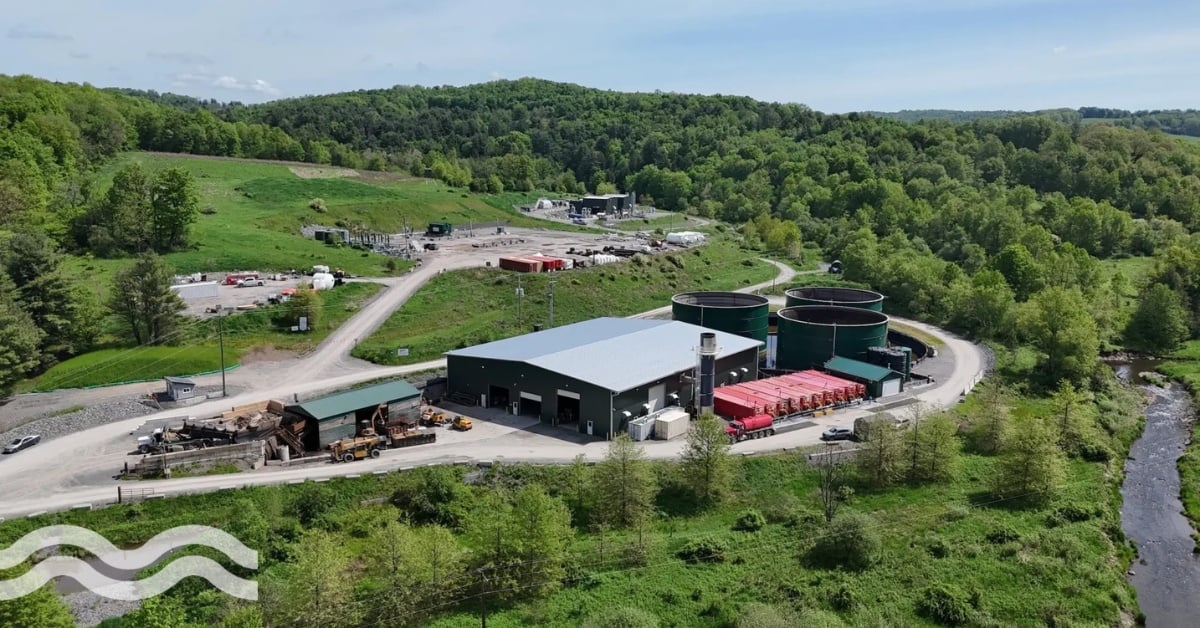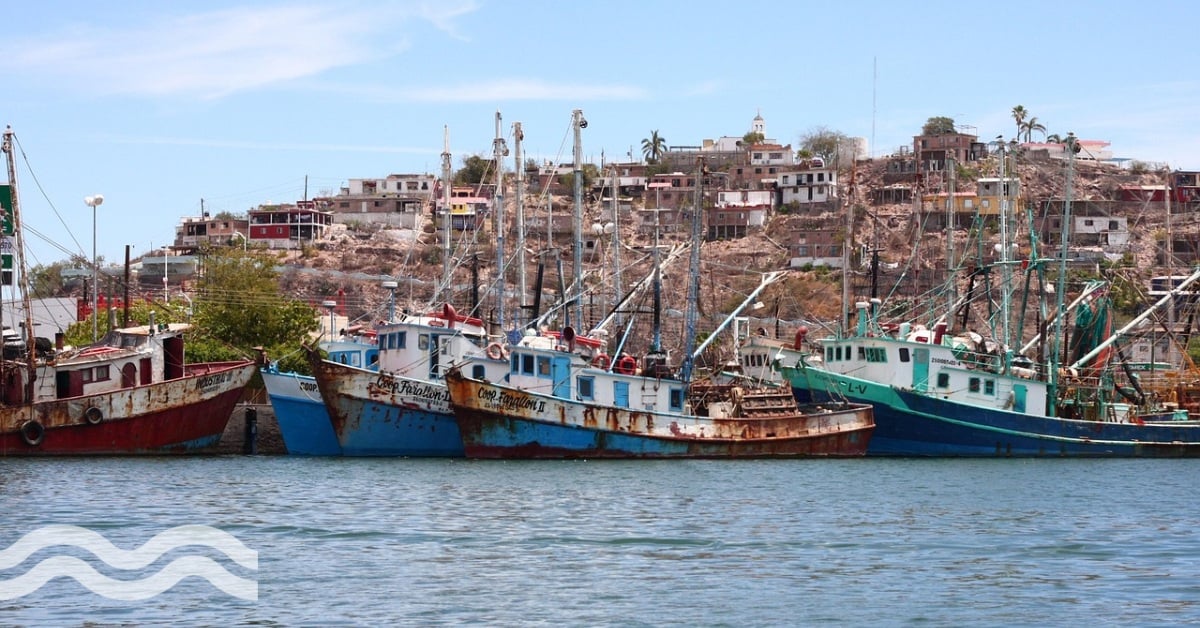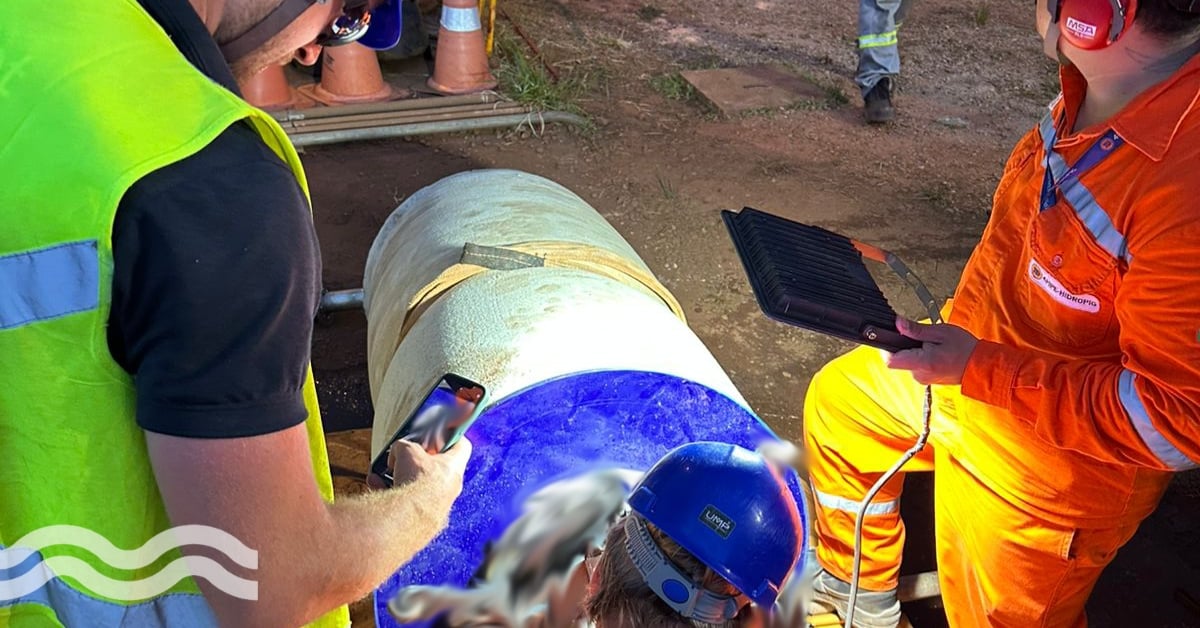
Planetary value proposition
US coffee-chain giant Starbucks has set out ambitions to become what it is calling “resource positive”.
This will mean providing more clean freshwater than the company uses, as well as eliminating waste and storing more carbon than that emitted from its operations.
Coinciding with the World Economic Forum in Davos, the announcement follows in the footsteps of Microsoft’s pledge to go “carbon negative” by 2030.
Starbucks CEO, Kevin Johnson, said the ambitions are part of a “planetary value proposition” to create greater value for all stakeholders.
Outlining 2030 goals
The ambitions are likely to be welcomed as global coffee operations are largely seen as unsustainable currently.
In 2018 the company was estimated to have used one billion cubic metres alone and created 868 kilotons of waste.
It’s estimated that a single cup of coffee has a virtual water footprint the equivalent of 140 litres of water, when you take into account the amount of water used to grow, produce, package and ship the beans.
Starbucks has been working with the World Wildlife Fund (WWF) and Quantis to quantify the carbon, waste and water footprint of its global operations and supply chain.
This was the first time this footprint assessment was conducted for all three of those areas, globally. As a result, three preliminary targets have been set for 2030, which will be formalised by March 2021:
- A 50 per cent reduction in carbon emissions in direct operations and supply chain.
- 50 per cent of water withdrawal for direct operations and coffee production will be conserved or replenished with a focus on communities and basins with high water risk.
- A 50 per cent reduction in waste sent to landfill from stores and manufacturing, driven by a broader shift toward a circular economy.
To help track progress in conjunction with other companies, Starbucks will also be working in concert with the Science Based Targets initiative (SBTi).
Reusable cups and non-dairy options
Starbucks, like other major coffee-shop brands, has been criticised for its role in contributing towards the growing mountain of disposable coffee cups sold each day.
In the UK alone it’s estimated that seven million disposable cups are used everyday – that’s 2.5 billion every year.
The CEO said the company will be actively looking into “consumer behaviour and incentives” to encourage the use of reusable containers.
Another key part of the Starbucks announcement is the expansion of its plant-based options to its menus.
This follows a move by the company to include more almond, coconut and oat dairy-alternatives to cow and soy milk across its stores.
In 2018 dairy accounted for 21 per cent of Starbucks’ global carbon footprint, and animal protein one of the highest contributing factors to water usage under its food category.
Absence of water from global report
Each year Starbucks produces its Global Social Impact Report, designed to report on sustainability aspirations and progress.
However, in the 2018 report, water was only mentioned once in connection with the company’s Greener Store framework across 300 stores and a target to be “30 per cent more water efficient”.
CEO, Kevin Johnson, said: “We know that leadership in sustainability takes commitment, investment, innovation, partnership and, yes, time.”
He added: “As we approach the 50th anniversary of Starbucks in 2021, we look ahead with a heightened sense of urgency and conviction that we must challenge ourselves, think bigger and do much more in partnership with others to take care of the planet we share.”


